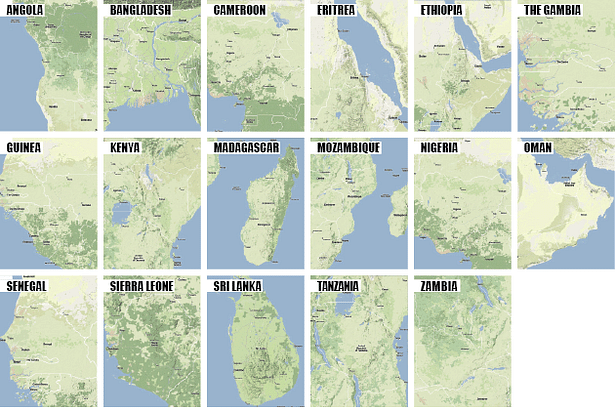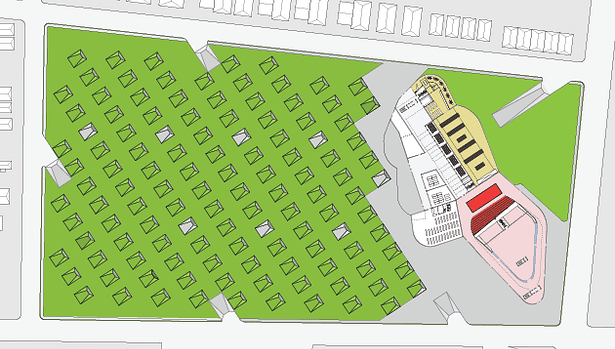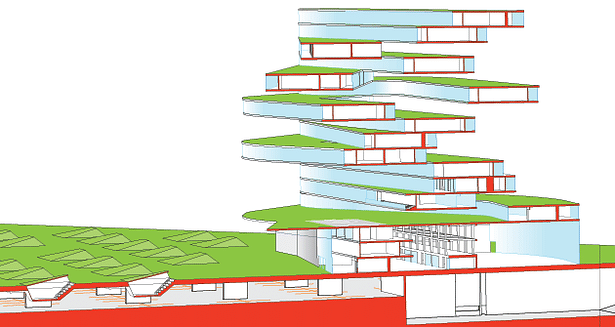
As the global economy continues to evolve the US drifts further from its status as an industrial superpower. This change in conjunction with the current economic downturn has devastated the US manufacturing, production, and building industries leaving many industry workers unemployed.
Asymmetrical global trade patterns coupled with a general long term trend of rising fuel prices results in an exponentially increasing surplus of shipping containers in American port cities. With considerably higher US labor costs, in comparison to a number of manufacturing based Asian countries it, becomes cheaper to manufacture containers overseas for single-use shipping than it is to ship empty or dead containers back to overseas manufacturers.
The Pittsburgh Theological Seminary becomes rebranded and restructured into the Presbyterian Missions International (IPM). The new corporation focuses on the repurposing of widely available and cheaply acquired shipping containers as rugged and portable missions. The IPM provides jobs to the displaced workers of the manufacturing, production, and building industries. The repurposed container missions are then shipped both domestically and internationally to spread the Presbyterian Gospel.
While the International Presbyterian missions provide humanitarian and religious aid to a number of countries while spreading Presbyterianism they also prove themselves as an invaluable teaching aid to the theological students who are able to gain a world perspective on their religious studies. The mission efforts greatly expand the former Pittsburgh Theological Seminary's mission work for which they were immensely proud of. The missions also provide a cultural asset to the community at large.
The city of Pittsburgh, which had been on a steady decline as both an industrial and port city, begins to return to its roots as a main shipping hub while helping to rebalance the asymmetrical import/export ratio of the US and the City of Pittsburgh. In contrast to the cities heritage as the Steel City that had since become part of the mid-western rust belt the city has emerged as a Presbyterian distribution center large enough in scale and influence to rival Vatican City.
Status: School Project
Location: Pittsburgh, PA, US


